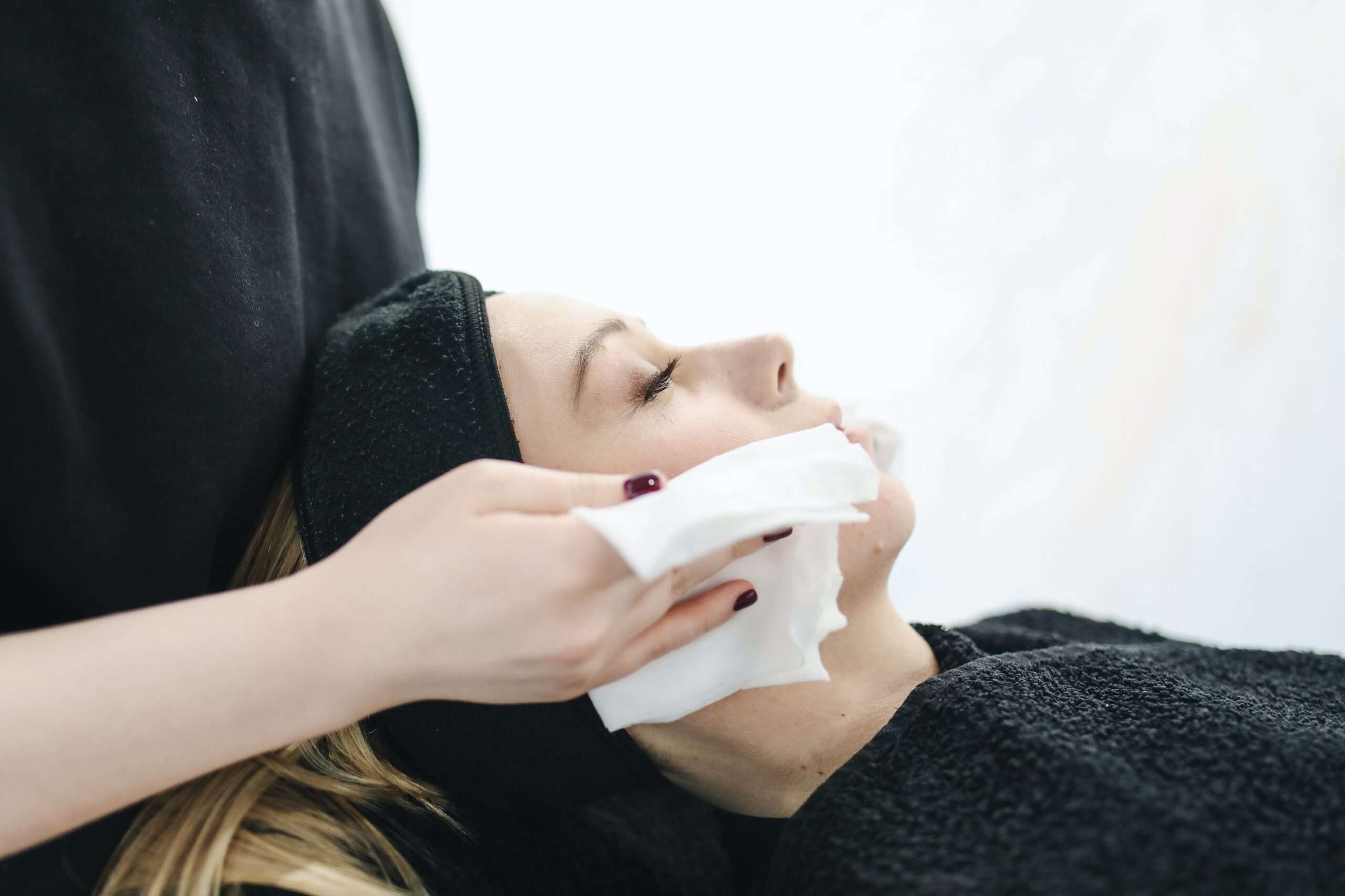Table of Contents
introduction
Dry skin on the face can be a common concern for many individuals, causing discomfort and affecting appearance. Understanding the causes, appropriate treatments, and preventive measures can help manage this issue effectively.
Dry skin on the face, medically termed xerosis, is a common skin condition characterized by tightness, flakiness, and sometimes itchiness. Various factors can contribute to this issue, including environmental conditions, lifestyle choices, and underlying health conditions.
Causes of Dry Skin on the Face:
- Weather Conditions: Exposure to cold, dry air or low humidity can strip the skin of its natural oils, leading to dryness.Exposure to harsh environmental conditions, especially cold, dry air, can strip the skin of its natural oils, leading to dryness.
- Skincare Products: Harsh cleansers, soaps, or certain skincare products with alcohol or fragrances can contribute to facial dryness.Overuse of harsh cleansers, hot water, or products containing alcohol can disrupt the skin’s moisture balance, contributing to dryness.
- Age: As we age, the skin tends to produce fewer natural oils, making it more prone to dryness.As we age, our skin tends to produce fewer natural oils, making it more prone to dryness.
- Medical Conditions: Skin conditions like eczema, psoriasis, or certain allergies can result in dry, flaky skin on the face.Conditions like eczema, psoriasis, or hypothyroidism can cause or exacerbate dry skin on the face.

Treatments for Dry Skin on the Face:
- Hydrating Skincare Routine: Use gentle, fragrance-free cleansers and moisturizers that contain ingredients like hyaluronic acid, glycerin, or ceramides to lock in moisture.Drink plenty of water to hydrate from within and use a humidifier indoors to add moisture to the air.
- Humidifier: Employ a humidifier at home, especially during the winter months, to add moisture to the air and prevent skin from drying out.Opt for mild, fragrance-free cleansers and avoid hot water when washing your face.
- Avoid Hot Water: Opt for lukewarm water when washing your face as hot water can strip the skin of its natural oils.
- Protective Measures: Use sunscreen daily to shield your face from harsh UV rays, and consider wearing protective clothing in extreme weather conditions.
- Moisturize: Choose a facial moisturizer suitable for dry skin and apply it regularly, especially after bathing or washing your face.
- Protect from Elements: Use sunscreen and protective clothing to shield your face from harsh weather conditions.
- Medical Attention: In severe cases or if dryness persists despite home care, consult a dermatologist for a proper diagnosis and treatment plan.
Preventive Measures for Dry Skin:
- Stay Hydrated: Drink an adequate amount of water to maintain skin hydration from within.
- Healthy Diet: Consume foods rich in omega-3 fatty acids, antioxidants, and vitamins to promote skin health.
- Regular Moisturization: Apply moisturizer to your face regularly, especially after cleansing or showering, to lock in moisture.
- Prevention:
- Balanced Skincare Routine: Use skincare products designed for your skin type and avoid harsh chemicals.
- Healthy Lifestyle: Eat a balanced diet rich in essential fatty acids and vitamins that promote skin health.
- Limit Hot Showers: Long, hot showers can strip away natural oils, contributing to dryness. Opt for shorter, lukewarm showers.
When to Seek Medical Advice:
Persistent dry skin on the face that doesn’t improve with home remedies or becomes accompanied by severe itching, redness, or inflammation warrants a visit to a dermatologist. They can provide a proper diagnosis and recommend suitable prescription treatments or skincare routines tailored to your specific needs.
In conclusion,
addressing dry skin on the face involves a combination of adopting a gentle skincare regimen, maintaining a healthy lifestyle, and seeking medical advice when necessary. By understanding the causes and implementing appropriate measures, you can effectively manage and alleviate dryness, restoring a healthy and hydrated complexion
Dry skin on the face can be managed effectively by understanding its causes and adopting proper skincare routines. By making simple lifestyle adjustments and using appropriate skincare products, you can alleviate dryness and restore your skin’s natural moisture balance.
Remember, consistency in caring for your skin is key to managing dryness effectively and maintaining a healthy, hydrated complexion.




